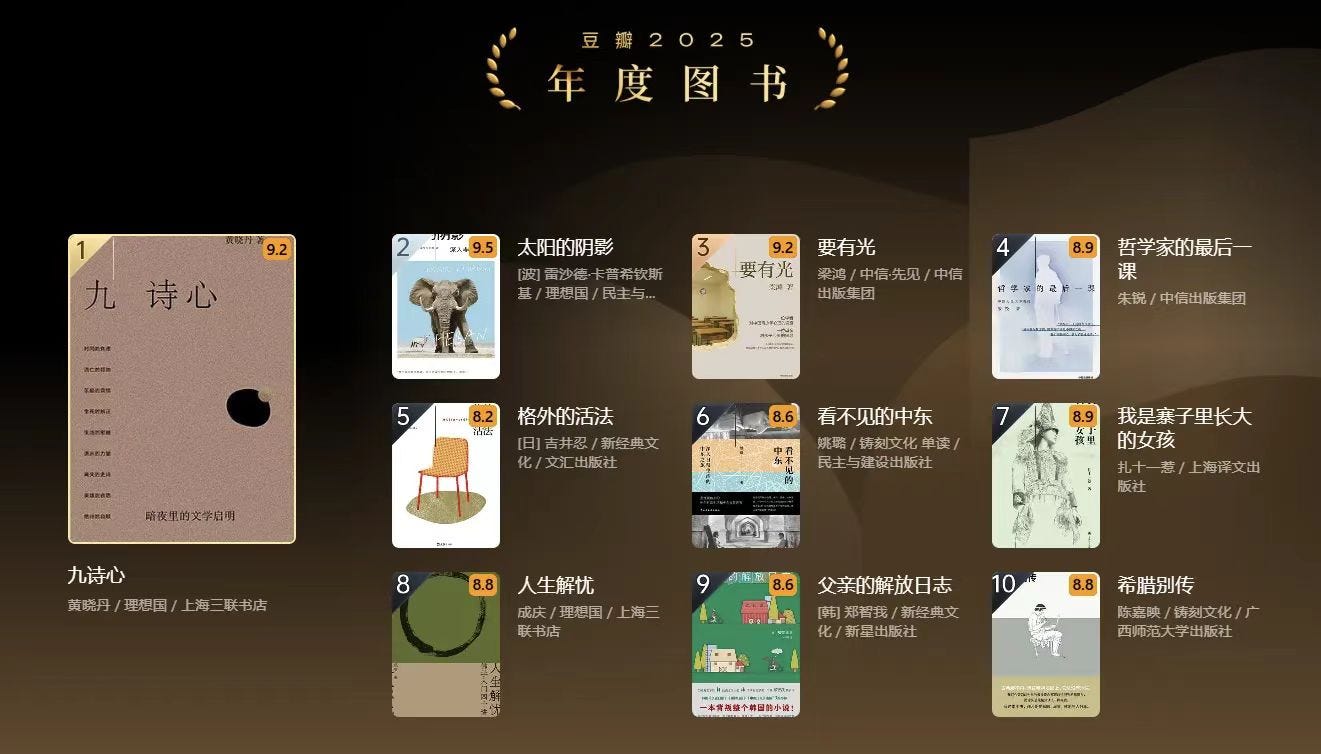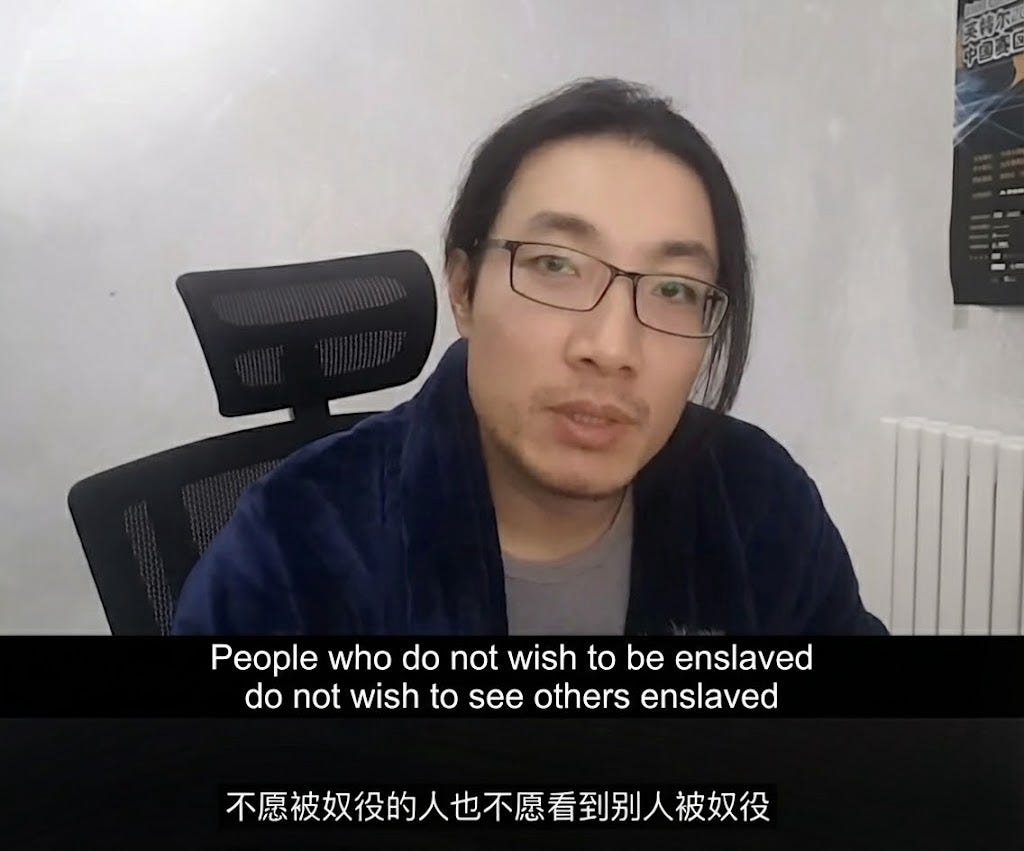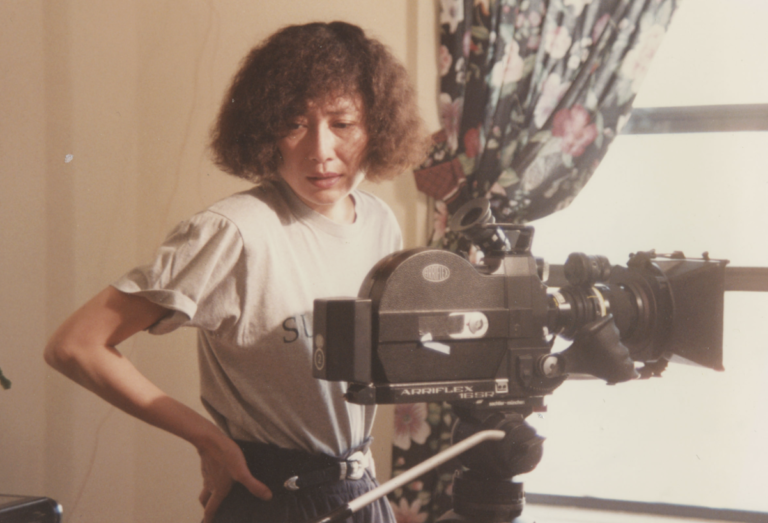Source: Annenberg School for Communications (12/17/25)
Mourning Li Wenliang, the Whistleblower of COVID-19, on the Chinese Internet
In a new paper, Professor Guobin Yang analyzes how Chinese social media users eulogized Li Wenliang through an ancient literary form.
By Hailey Reissman

A drawing of Li Wenliang that circulated online in China after Li died from COVID-19. The caption: “An Anti-Pandemic Hero, Dr. Li Wenliang.”
After Dr. Li Wenliang, the Wuhan ophthalmologist known as the whistleblower of COVID-19, died in February 2020 from COVID-19, Chinese social media was overwhelmed with tribute posts to the late doctor. Before his death, Li had been reprimanded by Wuhan police for “making false comments” and “spreading rumors” after a message he sent about the outbreak in a WeChat group was shared publicly.
Interestingly, many Chinese social media users eulogized Li in online biographies written in the style of “arrayed biographies,” a narrative form featured in one of the most famous historical texts in China: Sima Qian’s Shiji (also known as Records of the Grand Historian). The biographies in the Shiji, written in the late second century BCE, record the life stories of important figures in Chinese history by using examples of the person’s moral character.
In a new paper published in China Information, Annenberg School for Communication Professor Guobin Yang analyzed 30 of these Shiji-style biographies of Li to explore how Chinese internet users use this narrative style to share stories online under conditions of censorship. Yang argues that the Shiji-style biographies of Li are speech acts that “gave netizens the narrative structures and affordances to express sentiments which would otherwise have been hard to convey or convey in such powerful ways.”
Borrowing the Voice of History
Like Aesop’s Fables in the West, the format of Shiji biographies is instantly recognizable to Chinese audiences, says Yang, Grace Lee Boggs Professor of Communication and Sociology.
“Shiji is a foundational text in early Chinese historical writing. These biographies of famous historical figures, such as generals, ministers, and scholars, are often excerpted in school textbooks and are well known and revered by the educated public,” says Yang, who also directs the Center on Digital Culture and Society. Continue reading Mourning Li Wenliang on the internet








